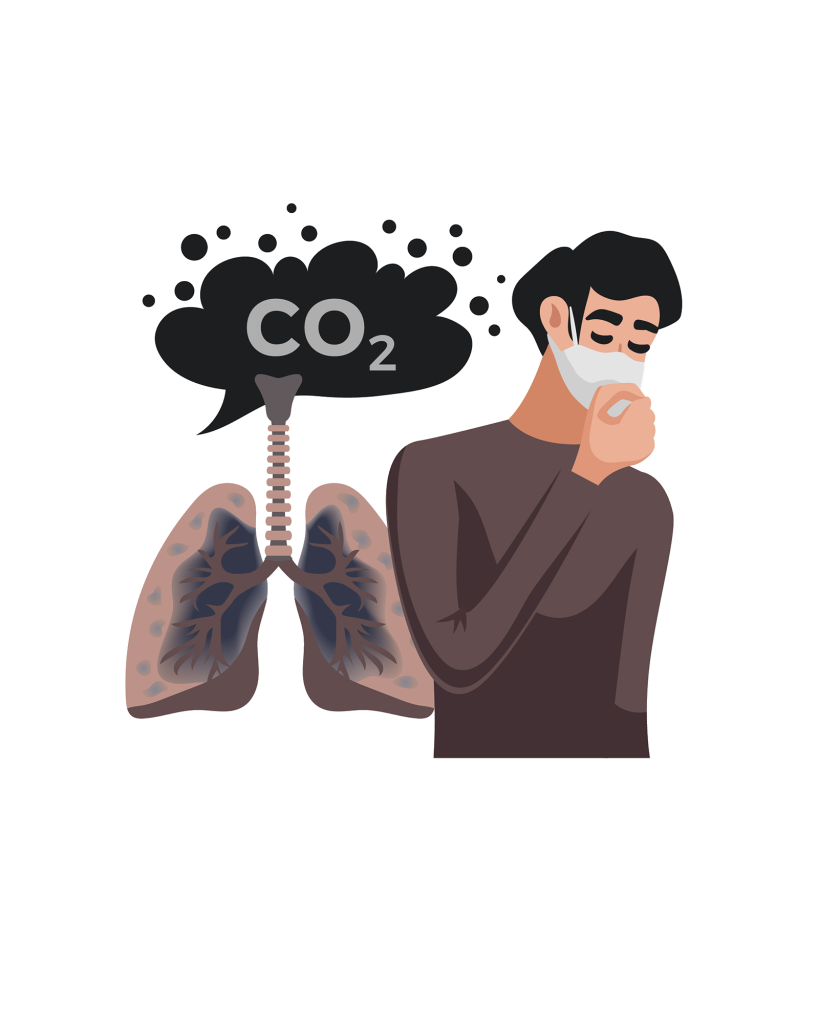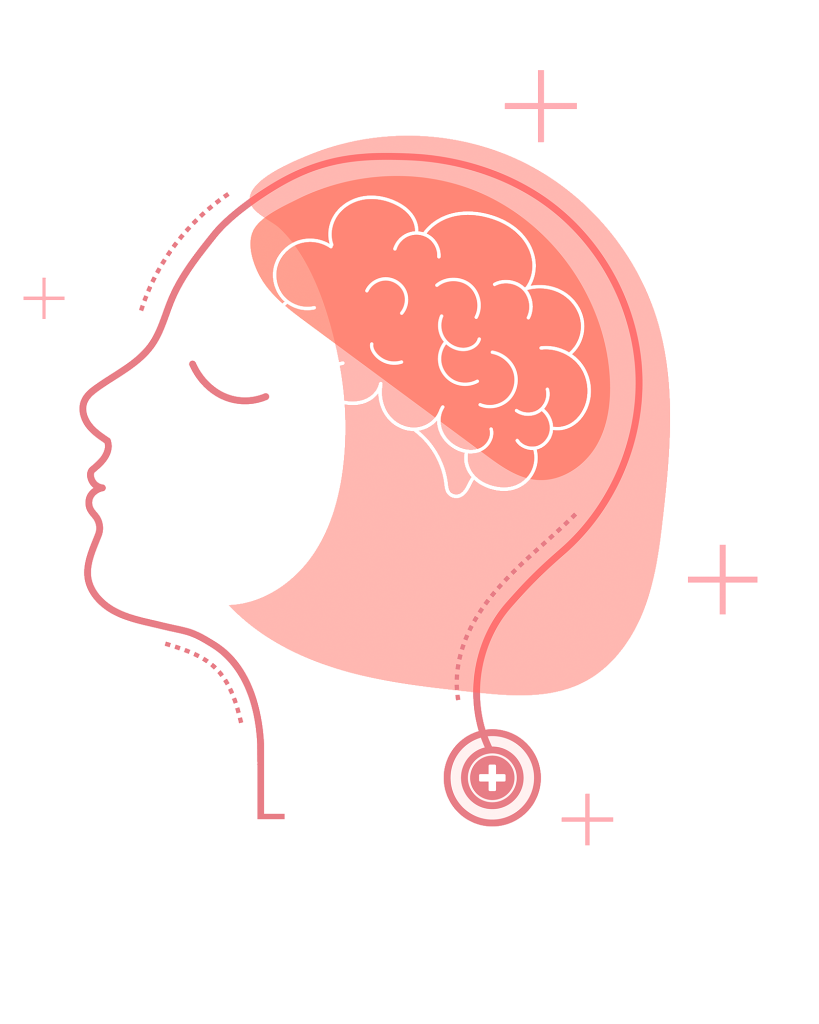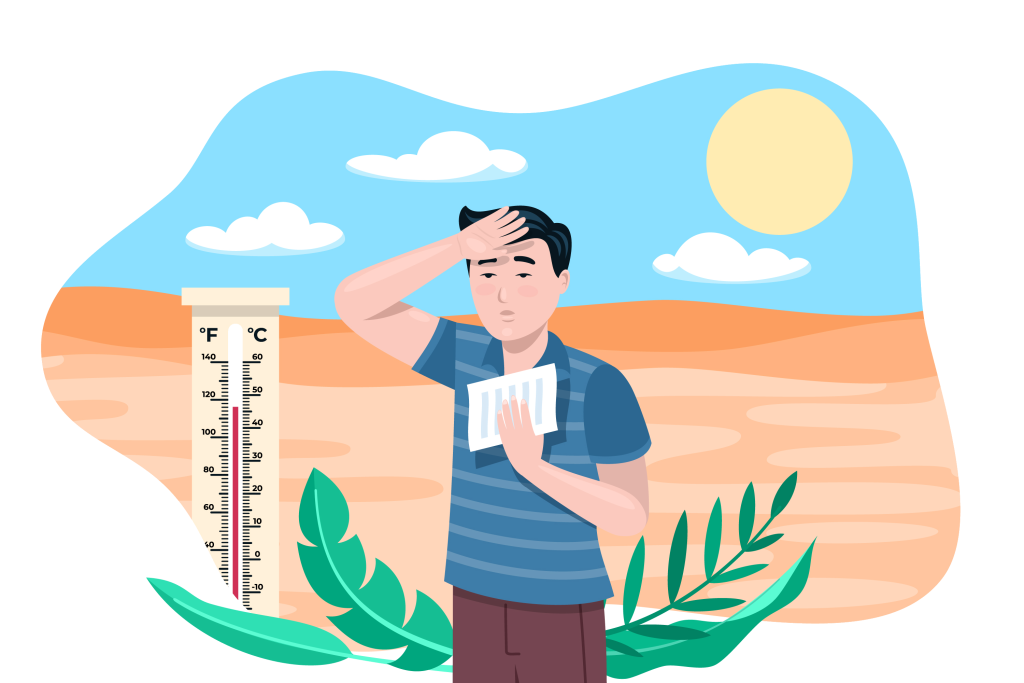CONTACT US: 0919 058 5858 | 02 899 51920
CONTACT US:
0919 058 5858 | 02 899 51920

So you were leisurely walking along the roadside while holding your umbrella because it’s a scorching hot afternoon. Before you’ve even reached where you’re going to, you notice the sky starting to get cloudy. And as if on cue, you hear thunder rumbling the next second. You’re no longer surprised. Given how many times the weather changes in a day, this is no extraordinary phenomenon.
If you’ve been living in the Philippines long enough, you’re pretty familiar with our contemporary definition of tropical climate. We experience both climates on the same day.
Acknowledging how much climate change affects our health means more than just keeping ourselves hydrated and putting on sunscreen (both very essential, btw). It’s very important to have sufficient knowledge about this matter so we will always be on guard.
Study shows that certain diseases have the tendency to worsen because of climate change:

The main culprit here is air pollution. Based on an article published by the Center for Disease Control and Prevention (CDC) in the United States, air pollution affects human health by increasing ground level ozone, a component of smog, which is associated with worsened asthma and diminished lung function.


Experiencing life changing disasters like strong hurricanes, or super typhoons like Haiyan, can take its toll on anyone’s emotional and mental state. In such incidences where rescue and providing basic needs take priority, mental health counselling usually takes a backseat and sometimes gets neglected.

June used to be the start of the rainy season but that won’t be the case this year after PAGASA raised the El Niño Southern Oscillation (ENSO) level to Alert Level. Monitoring and forecasts indicate that warmer months may occur from June-August with an 80% probability of happening. This may persist until the end of March 2024.
Just this March summer, 118 cases of heat exhaustion were recorded by the Department of Health – all of whom are students. Extremely hot temperatures can also worsen diabetes-related conditions, and respiratory, cardiovascular, and cerebrovascular diseases. Exposure to heat will keep increasing and this trend is seen to continue.

There’s no telling what will happen tomorrow so regardless of what the weather is, it’s best to always be proactive when it comes to our health. Better safe than sorry so avoid regrets by being prepared. Check out our affordable Medicare Health Plans and start getting protected now!

Easy access health plan options for the Filipino community.
We know finding the right healthcare plan can be a complex and confusing task.
Our health plan specialists are always here to help 24/7.
Got more questions?